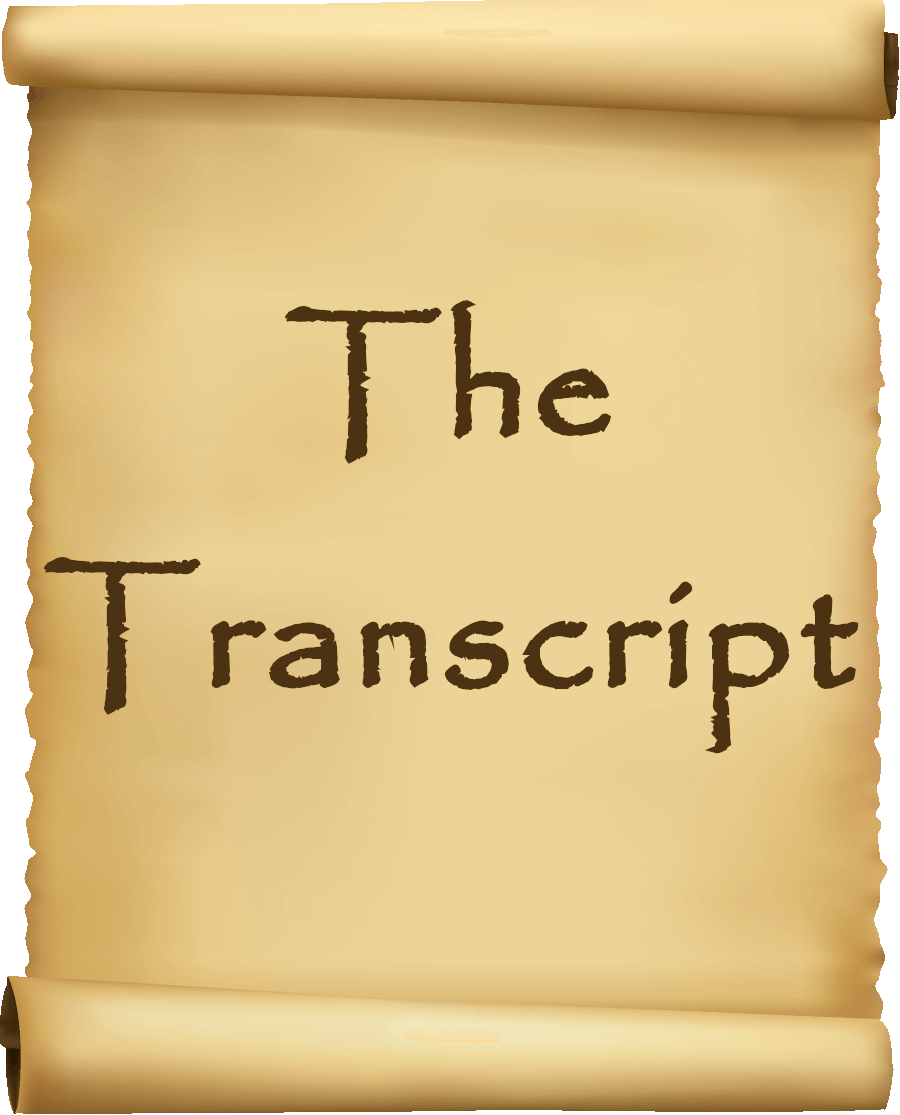T120608073918
1 Universalism is a movement in search of truth. Its foundation should be based on truth being only one, never to be found by humans, souls, or spirit, but only known by the Source itself.
2 Universalism is an idea that while in the search, a path is created by the individual based on preconceived knowledge, and its concept is that men only need to move, as previously given concepts about movement.
3 Through movement, one finds truth. Through movement comes an understanding that one is part of that one creator that makes us all One. By being us all One, and part of the creator, we come to understand humanity and how it has manifested and continues manifesting throughout centuries.
4 Universalism recognizes Jesus as a prophet of great magnitude for having been the one who, up to today, has proven the basic principle of Universalism, whereas we are not real but a manifestation of creation.
5 Previous prophets, such as Buddha, found enlightenment without God as a mean, instrument, anchor, or amulet because they understood that the identification with the self and its individuality is what binds men.
6 Universalism acknowledges that individuality separates us from the Source. One understands humanity and oneself through that understanding.
7 The problem with Universalism is that if it is utterly understood, one will desire to cease to exist. Within such desire, one enters into the paradox where one has to first exist to cease to exist, becoming a paradox in itself—but in essence, it makes total sense. It is just that at this level of understanding, humanity will never ever come to fully understand and comprehend. You see?
8 Understanding Universalism is very complex. For that, the scripts hereby given must be read in facets, as it is being given and not in a specific order. And as they are being given, they are to be translated.
9 FV—And how should they be recorded?
10 CFKW—By date. But at this point, it is irrelevant.
End of Transcript 120608073918
Annotations
A2—Men: The original definition of man is a human being of either sex; a person. Etymology: From Middle English men, from Old English menn (“people”), from Proto-Germanic manniz, nominative plural of Proto-Germanic mann- (“person”).
A4—Universalism as it should apply to Christians. You can also cross-reference the last statement with First Transcript, Articles 25 ~ 27.
A5—Universalism as it should apply to Buddhists.
A7—Even I, after experiencing the intent, have made sense of it but impossible to explain due to the human mind’s limitation.
A8—It implies that Universalism, the concept of Oneness, and the teachings of Buddha, Jesus, and the Collective Forces of Knowledge And Wisdom, are One and the same. Not to imply that they are one, but one of many. Neither implies that The Transcripts teaches Universalism but explains Universalism throughout The Transcripts, among other insights of Higher Truth. The ‘scripts’ are what later became translated as The Transcripts.
A10—This response led to categorizing each Transcript by numerical date. This specific Transcript was given on June 8, 2012, at 7:39 AM.

